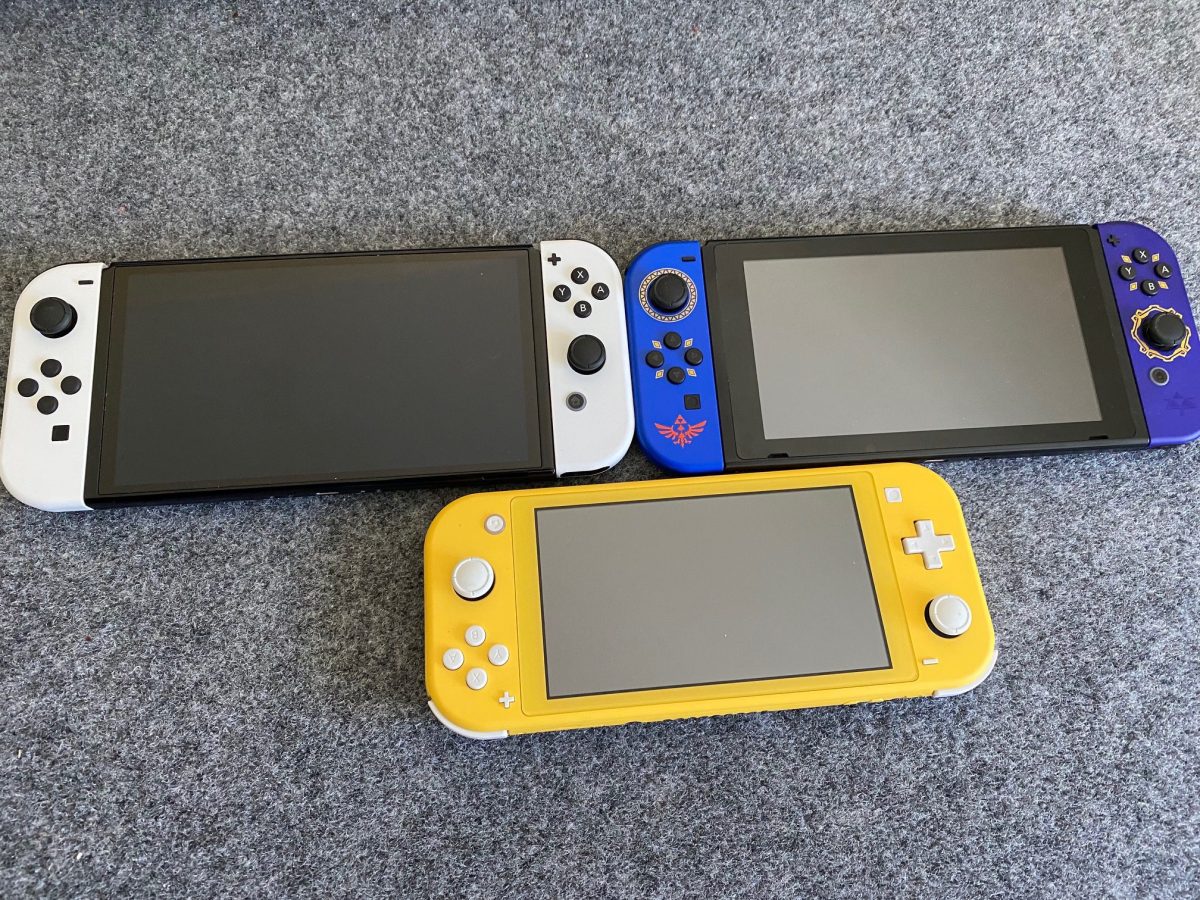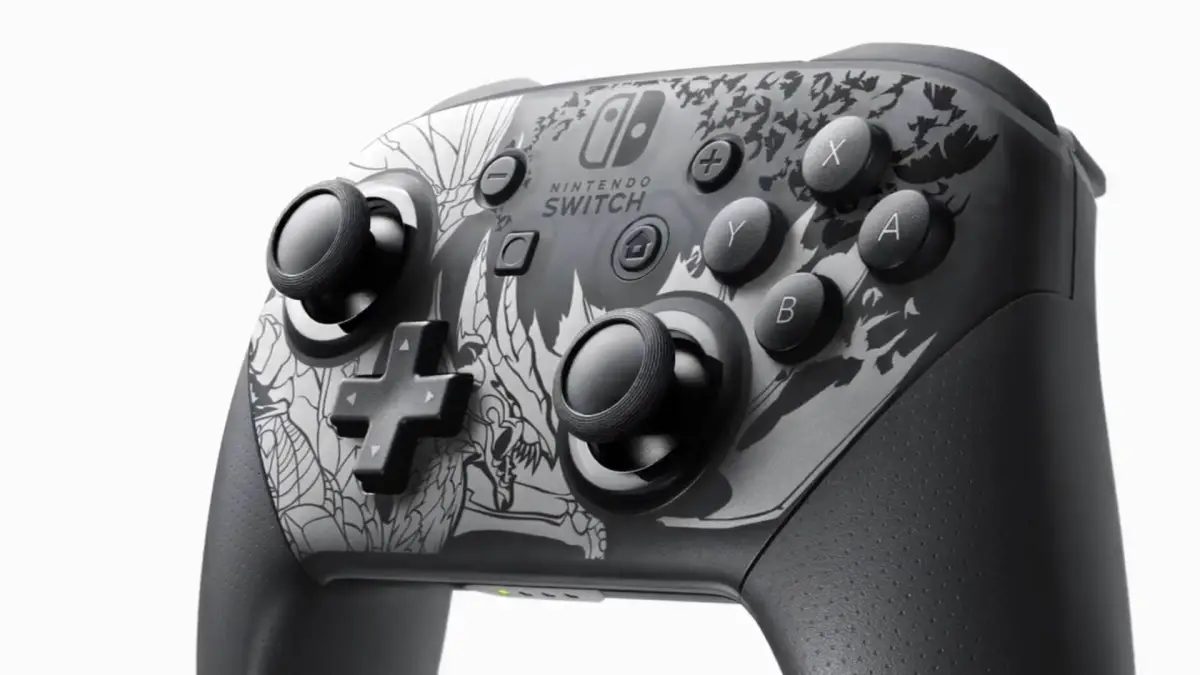Every other generation seems to be potentially scary for Nintendo
So what’s happening with the console generation after the Switch? Internally, only Nintendo knows for sure. But company president Shuntaro Furukawa is definitely concerned about it.
Speaking to investors during a Q&A session following Nintendo’s recent earnings report (as translated by VGC), Furukawa conveyed Nintendo’s pensive emotions going into the generation after the rip-roaring success of the Nintendo Switch.
He noted that it was important to create “long-term relationships” via subscribers (which is something they need to step up a bit when it comes to adding value to Switch Online), then provided this salve to investors and fans alike:
“We have already announced a portion of our software roadmap releasing up to next spring. Unlike the past, we continue to have a large variety of games scheduled to be released, even beyond five years of release. This is because the Nintendo Switch has had such a smooth launch, allowing us to focus all of our development resources on a single platform. However, the question of whether we will be able to just as smoothly transition from the Nintendo Switch to the next generation of hardware is a major concern for us. Based on our experiences with the Wii, Nintendo DS, and other hardware, it is very clear that one of the major obstacles is how to easily transition from one hardware to the next. To help alleviate this risk, we’re focusing on building long-term relationships with our customers. While we will continue launching new software on the Nintendo Switch, we will also provide services that also use Nintendo Accounts and other IP outside of gaming software. We intend for this to help build a lasting impact with our customers.”
It’s pageantry, but the fact that Furukawa admits uncertainty is a refreshing take in an era of boisterous leadership and tech posturing. In terms of console history, Nintendo is smart to be concerned, or at least on high alert. Ever since the GameCube’s lack of hardware sales in 2001, Nintendo has been experiencing a roller-coaster reaction to every other generation. The Wii catapulted them back into mainstream success eventually with over 101 million units sold half a decade later, but in 2012, the Wii U had catastrophic implications for the company. As everyone knows, they’d bounce back with the Switch in the past five years — and it’s very easy to forget that the Switch has outsold the Wii.
Because of this uncertainty, I can see Nintendo essentially creating the “Super Switch,” and focusing heavily on backward compatibility, taking a similar approach to Sony and Microsoft this generation: especially if production pipelines don’t improve. Taking it slow and steady while opening up access to a library of games with over 100 million potential users is an easy way to eliminate some risk.
Plus, it’s getting old having to completely push the reset button for online accounts/digital ownership for every Nintendo generation.





Published: May 11, 2022 01:30 pm